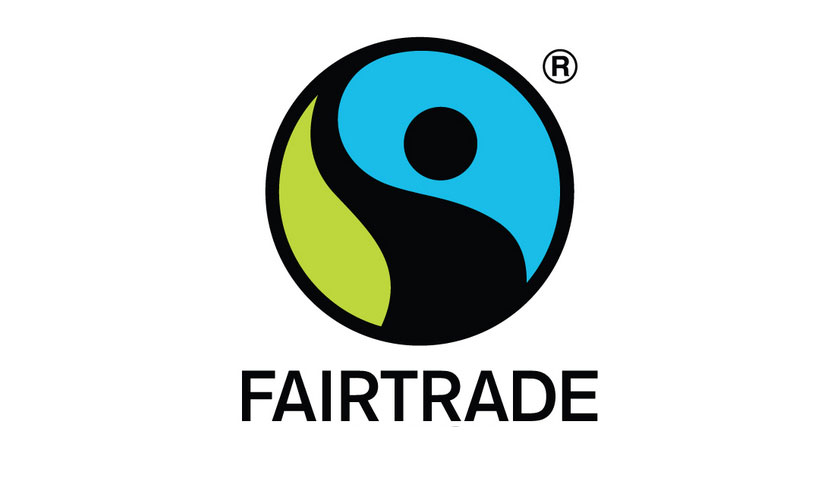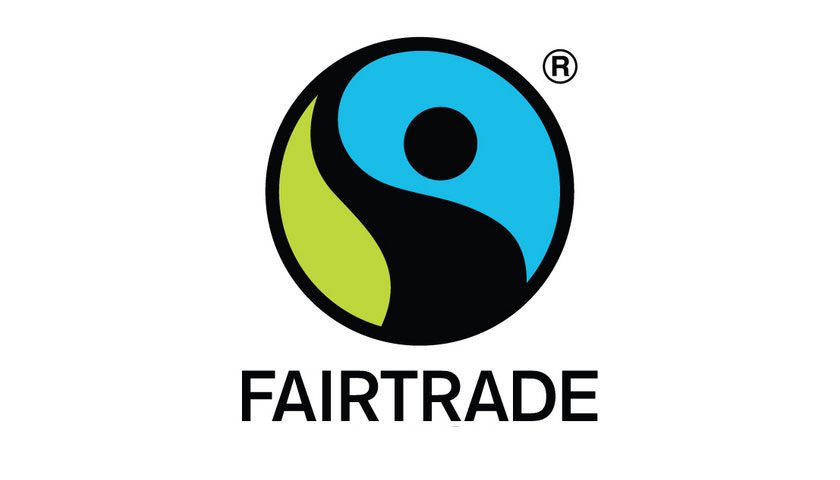Fairtrade International recently unveiled an updated and revamped digital mapping platform. Intended as a tool for advocacy, for communicating and engaging with commercial partners, as well as for internal Fairtrade learning, the Impact Map represents a major step forward for transparency and openness around both the organisation’s achievements and challenges.
The Impact Map is a free-to-use, publicly-accessible interactive map which contains more than 100 Fairtrade projects and commissioned studies around the world, with detailed information on all time-limited, impact-oriented Fairtrade engagements.
Featured projects include those externally funded by institutional donors, through commercial partners, or solely from internal Fairtrade funding. Studies hosted include those carried out by Fairtrade itself, as well as those commissioned from independent experts, academics and institutions. The Impact Map also includes information on the countries where Fairtrade works in its ‘Country Overview’ section.
“The Fairtrade system succeeds or fails based on our shared vision of transparency and openness,” said Jesse Hastings, Head of Impact Management at Fairtrade International. “We are constantly seeking to do better and we are committed to improving our communication, advocacy, monitoring and learning. The Fairtrade Impact Map is a significant step forward to help us to do exactly that.”
Users can explore the Impact Map by country, region, product, theme, programme or year. The map complements our recently-launched Risk Map, which was designed to help companies and farmer organisations assess their human rights and environmental risks.
“While the Risk Map gives information on a country-by-country or product-by-product basis, the Impact Map helps users to see just what Fairtrade is doing to understand and mitigate those risks in any given country,” added Hastings.“
As well as country-by-country human rights and environmental due diligence (HREDD) risk data and detailed information on the Fairtrade project and commissioned studies portfolio, new features added since the internal launch in March 2023 include:
- automatic translations in French, Spanish, Portuguese and German;
- notifications to alert users of new content; and
- a more user-friendly navigation experience.
Split into public and internal content, the publicly-accessible side contains country overviews and introductory information on all projects and studies worldwide, with detailed resources and links to further information. Internal Fairtrade users can log in to access more detailed information to improve implementation, resources and monitoring, evaluation, and learning across the Fairtrade system.
“The Impact Map has already become popular as a place for reflecting on Fairtrade projects and commissioned studies, to share experiences and to learn about similar themes, products or locations,” said Hastings.
“The Fairtrade Impact Map is an important new tool in our constant quest to deliver more impact for farmers, workers, businesses and consumers,” added Fairtrade International’s Executive Director Melissa Duncan. “It has been more than three years in the making and I congratulate everyone who has been involved in getting it to this stage. Now, it’s up to all of us to make the most use of the platform and to create even more impact in the future.”
“I very much hope that by publicising the Fairtrade Impact Map we will encourage everyone – not just experts and academics, but anyone with an interest in trade justice – to dive in and explore all the rich content that Fairtrade has to offer,” said Arisbe Mendoza, Director of Global Impact at Fairtrade International. “The platform enables us to celebrate our achievements, whilst being open about the big challenges ahead. This is increasingly important as governments and businesses grapple with new demands for transparency, due diligence and sustainable sourcing.”

